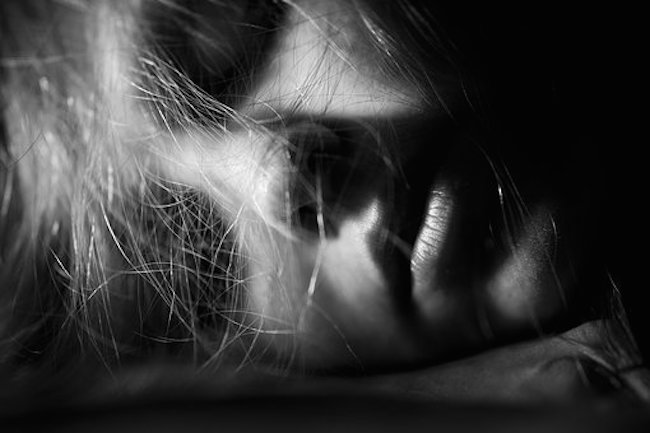Daylight Saving Time: Five Tips To Help You Better Adjust To The Clock Change By Gisela Helfer, University of Bradford via Natural Blaze
Daylight saving time was first implemented during the first world war to take advantage of longer daylight hours and save energy. While this made a difference when we heavily relied on coal power, today the benefits are disputed. In fact, emerging research suggests that moving the clocks twice a year has negative impacts, particularly on our health.
During the first days after the clocks change, many people suffer from symptoms such as irritability, less sleep, daytime fatigue, and decreased immune function. More worryingly, heart attacks, strokes and workplace injuries are higher during the first weeks after a clock change compared with other weeks. There’s also a 6% increase in fatal car crashes the week we “spring forward”.
The reason time changes affect us so much is because of our body’s internal biological “clock”. This clock controls our basic physiological functions, such as when we feel hungry, and when we feel tired. This rhythm is known as our circadian rhythm, and is roughly 24 hours long.
The body can’t do everything at once, so every function in the body has a specific time when it works best. For example, even before we wake up in the morning, our internal clock prepares our body for waking. It shuts down the pineal gland’s production of the sleep hormone melatonin and starts releasing cortisol, a hormone that regulates metabolism.
Our breathing also becomes faster, our blood pressure rises, our heart beats quicker, and our body temperature increases slightly. All of this is governed by our internal biological clock.
Our master clock is located in a part of the brain called the hypothalamus. While all tissues and organs in the body have their own clock (known as a peripheral clocks), the brain’s master clock synchronises the peripheral clocks, making sure all tissues work together in harmony at the right time of the day. But twice a year, this rhythm is disrupted when the time changes, meaning the master clock and all the peripheral clocks become out of sync.’




